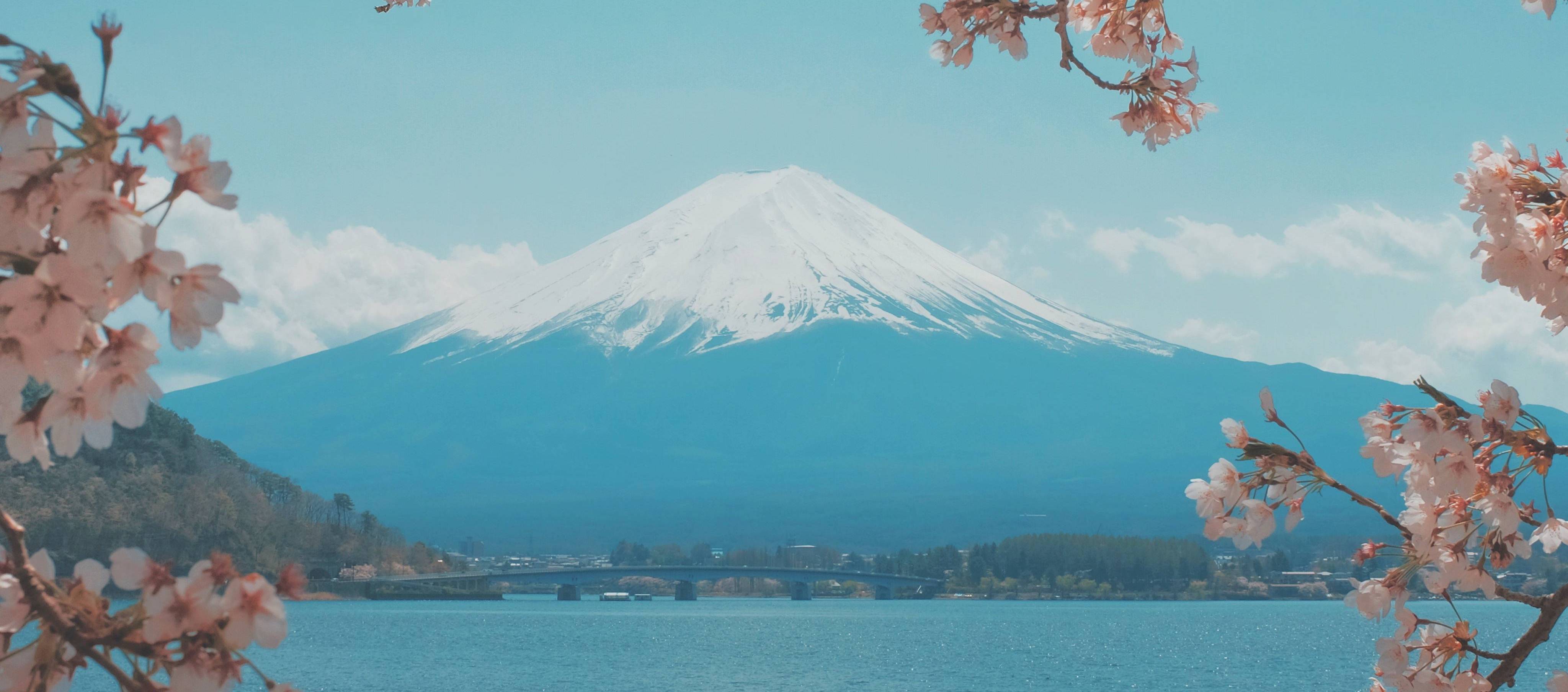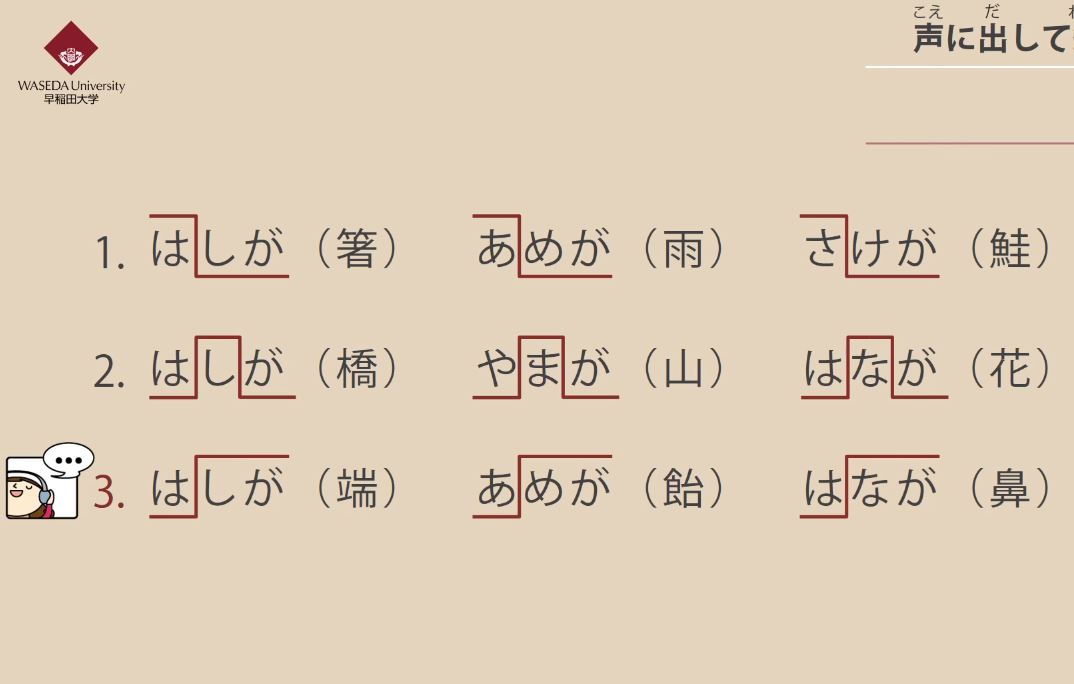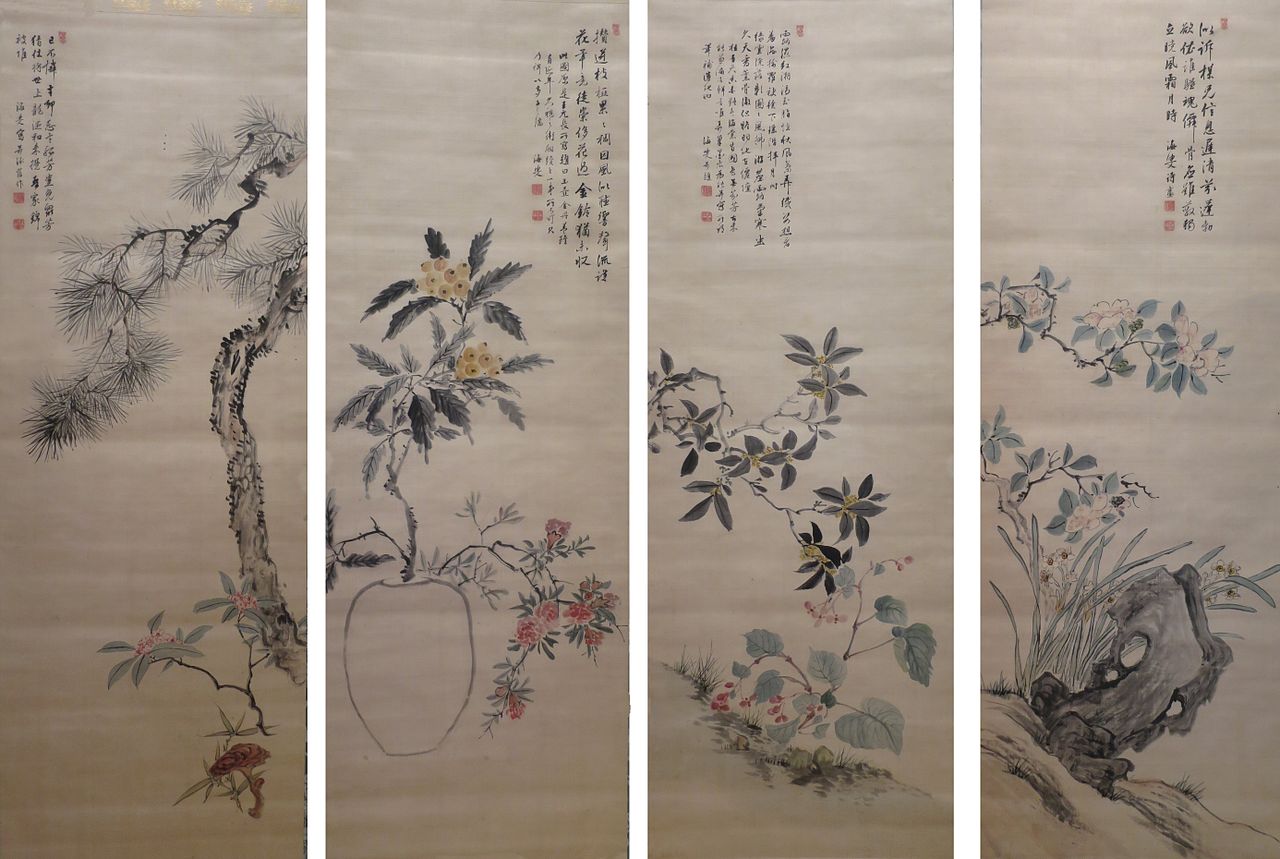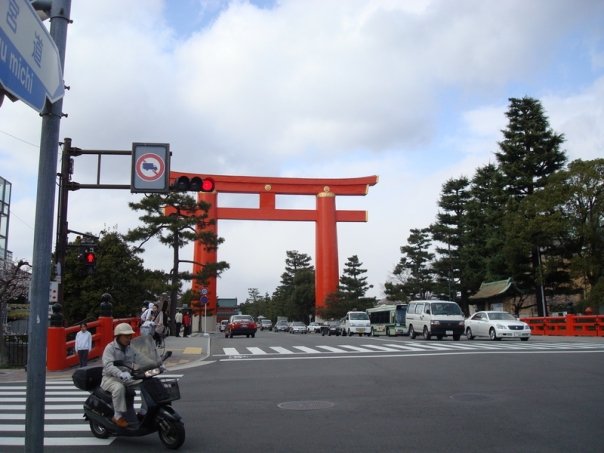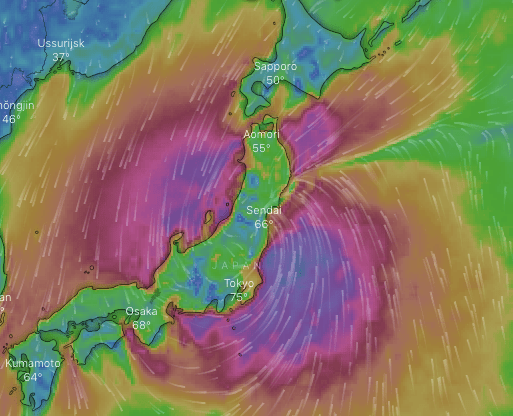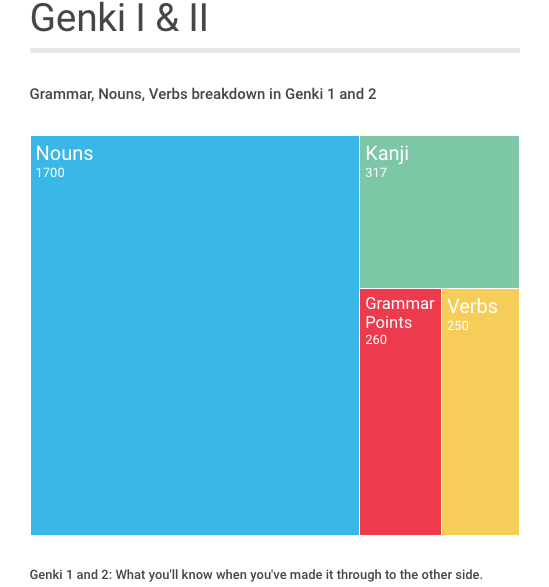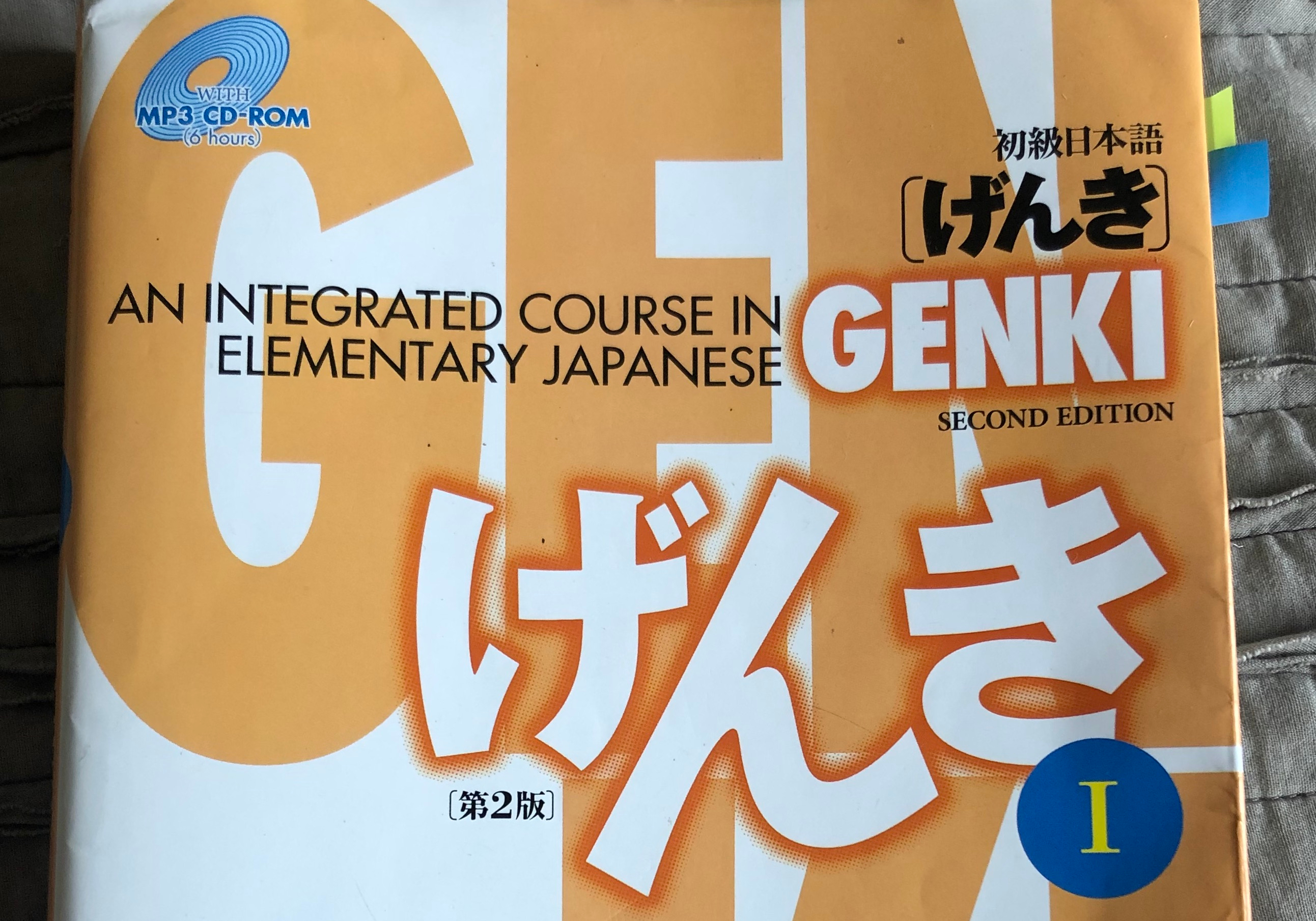This article is about the first 50 most-frequent verbs as determined by the Balanced Contemporary Corpus of Written Japanese (2011). “Balanced” refers to the utilisation of online web forums as well as television subtitles in addition to novels and newspapers. 1 言う to say, to speak. いう2 する to do. 3 ある to be (inanimate existence),Continue reading “Top 50 Most Frequent Japanese Verbs”
Monthly Archives: October 2019
The Japanese Musical Mind
and how Pitch Accent will bring your Japanese to a native-sounding level. This article is about Japanese Pitch Accent. Most people exercise their eye-strength for recognizing Japanese visually (eye intelligence), let’s work on our ear intelligence! Just like in other languages, rising intonation on the last syllable indicates a question-statement, as in “Are you goingContinue reading “The Japanese Musical Mind”
二十四節気 24 Terms to Denote the Changing of the Seasons
Twenty-four Seasonal Atmospheres 二十四節気 Japan’s seasonal appreciation in clear through art and things like haiku, but did you know that there are 24 specific terms for each “seasonal atmosphere?” We rendered it as “seasonal atmosphere” because there is no term in English equal to 節気 but the ideograms are fairly reminiscent of the idea 節Continue reading “二十四節気 24 Terms to Denote the Changing of the Seasons”
Giving and Receiving
This image shows the difference between the main verbs of giving and receiving in Japanese. Notice how with small changes in particles we change the active giver and receiver of the sentence. The が particle is a marker for the Subject of the sentence (or thought) and is the active one associated with the sentence-finalContinue reading “Giving and Receiving”
Articles in English versus Particles in Japanese
Check out this image, it shows how articles in English come before the primary terms and how particles in Japanese come after the primary terms. You can see that Particles in Japanese are like Post-term Articles (P+Articles) Cover up the articles and you’re speaking Japanese, Cover up the particles and you’re speaking English. Next: ReadContinue reading “Articles in English versus Particles in Japanese”
What's Next? Developing Intuition
Developing Intuition about the Japanese Particles The following question was asked by BK2 I learnt all the vocab for Genki 1 & 2, what’s next? Sure, kanji and vocab are important, but you need to have a really solid understanding of the particles (grammar particles / じょし = 助詞 ) How come? In order to thinkContinue reading “What's Next? Developing Intuition”
Habits of Successful Language Learners
Habit and Patterns versus Discipline. Stoics Had An Idea: Discipline Marcus Aurelius and the movement of Stoicism emphasized Discipline. However, discipline is like stamina. It runs out when applied constantly. Patterns live longer than Forces The solution is Habit. Patterns Live Longer than Forces. A man who had gone through the front windshield of aContinue reading “Habits of Successful Language Learners”
A Graphical Comparison of Japanese Textbooks
This post shows some helpful information graphics (infographics) to help us understand the coverage of each introductory Japanese learning program. Next: Read “To Learn Japanese, You need a Rocketship.”
Comparison of Introductory Japanese Textbooks
What do you learn when you go all the way through Genki I, Tobira, Mina no Nihongo, and other books? By the numbers, how many Kanji, how many Verbs, how many grammar constructions will you know? This article takes a long solid look at the state of Japanese textbooks today. (Numbers are estimates based onContinue reading “Comparison of Introductory Japanese Textbooks”
To learn Japanese, you need a Rocket Ship.
> very interested in learning more about Japnesecomplete.com and how you’ve validated your product Z,Japanese Complete is the result of years of tactics and strategies distilled into one course for getting fluent fast. The main idea is that Japanese is classically taught wrong. Well, not wrong, but it’s not a rocketship. Classical Teaching:Measures number ofContinue reading “To learn Japanese, you need a Rocket Ship.”
